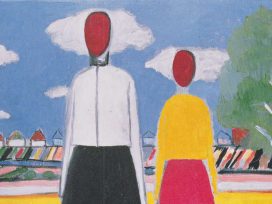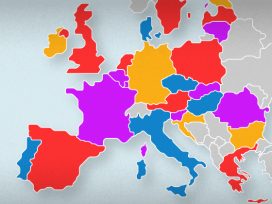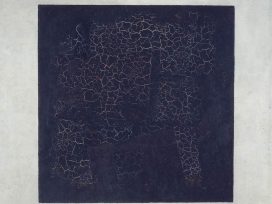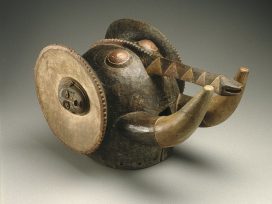In the search for a European identity, one immediately faces the challenge of distinguishing the historical-geographical complex called Europe from the one that refers just to the European Union. How does one employ such a terminology for only part of the European community? And even harder still, the question: how is European identity to be defined?
In a speech held on Europe Day and published in Eurozine, historian Timothy Snyder pointed out that Europe tends to hush up its imperial past of half a millennium. Doing so may spare painful reflection, but it also denies Europeans the ability to recognize their real achievement: the creation of a unique assembly and the recovery from empire. From a different point of departure, Ondřej Slačálek examines another instance of European self-deception: the exaggerated sense of hope that 1989 brought to eastern Europe.
With the European elections approaching next week, citizens are forced to act upon these conclusions. As usual, the vote in each nation is mainly informed by domestic politics. Editors from the Eurozine network of cultural journals have reported from each member state on how Project Europe is viewed.
Apparently, the European South has neither forgotten, nor entirely overcome the shock of the financial crisis a decade ago. In Greece and Cyprus, this is a story of disappointment and betrayal. From Poland through Hungary to Italy, national leaders are experimenting with the casual oxymoron of ‘a Europe of nations’. Other eastern countries, such as Slovakia, Slovenia and Croatia, are competing in apathy, citing their limited say in shared matters. In Bulgaria, elites are trying to restore their grip on power, while mass protests are pushing back against centralized corruption in Romania. Interestingly, Ireland, Latvia and Portugal seem to be watching an entirely different movie, as the Eurosceptic tone is still entirely absent among their contestants; whereas in Lithuania, municipal and presidential elections have outshone the EP vote by far.
In many other countries, too, national politics are not only decisive for supranational representation, they often sideline it entirely. In Belgium and Denmark, where national and local elections are being held either simultaneously or shortly afterwards, little space is being left for a genuine decision. Even where popular interest is relatively high, such as in France, Germany, the Netherlands and the Czech Republic, the continental franchise is more of a litmus test than a decisive political act.
Recognizing that Europe is a bit more than the Union itself, we have also examined the neighbourhoods, only to find further differences. Twenty-five years after joining the European Economic Area, Norway, Iceland and Lichtenstein are happy to have kept their distance, while countries in the Balkans hoping for accession are as enthusiastic as ever about the continental club.
Besides their division and their confusion about these abstract levels of politics, there are few features which all members share. There are, however, regional patterns, which seem to have a lot to do with economies and the incomplete nature of integration.
The list of countries where there is vocal discontent about the MEPs’ salaries and compensations, which are stellar compared with the living wages, will come as no surprise. Although migration and national sovereignty are often discussed controversially everywhere, there are obvious patterns of internal migration within the EU, which have a lot to do with the extreme differences in living standards and public services. These are all here to see in our set of infographics, a result of our collaboration with ATLO Team.
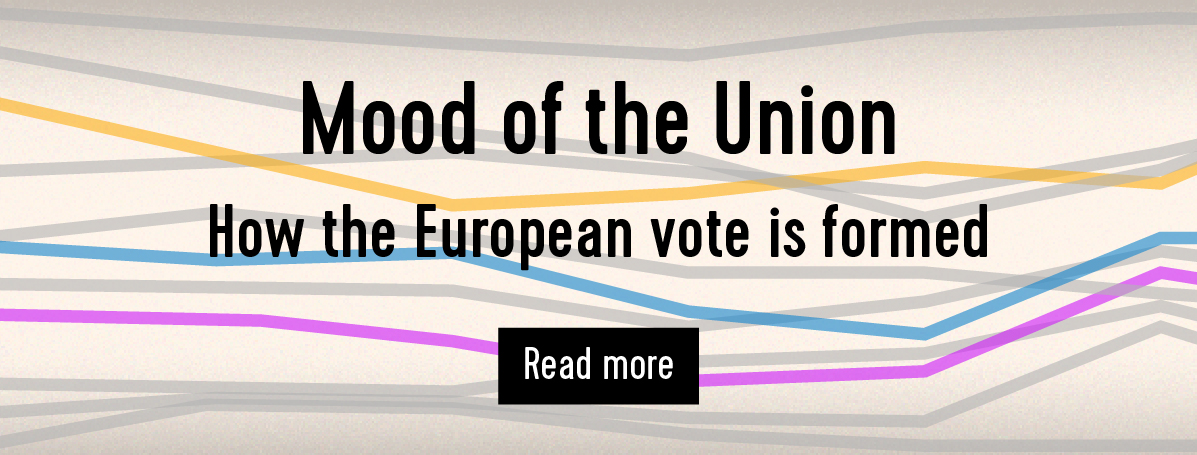
Here, you can explore two decades’ worth of statistics from EU member states. One can compare data on GDP and unemployment as well as on specific areas like availability of hospital beds, precarious employment, or enrolment in higher education. These are all telling about social conditions.
We hope this will add to an understanding of the Mood of the Union.

Réka Kinga Papp
Editor-in-chief
Mood of the Union is published by Eurozine and sponsored by the ERSTE Foundation and the National Endowment for Democracy. Agnieszka Rosner is the curator of the series, which is edited by Benjamin Tendler. The data mining and visualization os the work of ATLO Team.
This editorial is part of our 10/2019 newsletter. You can subscribe here to get the bi-weekly updates about latest publications and news on partner journals.
